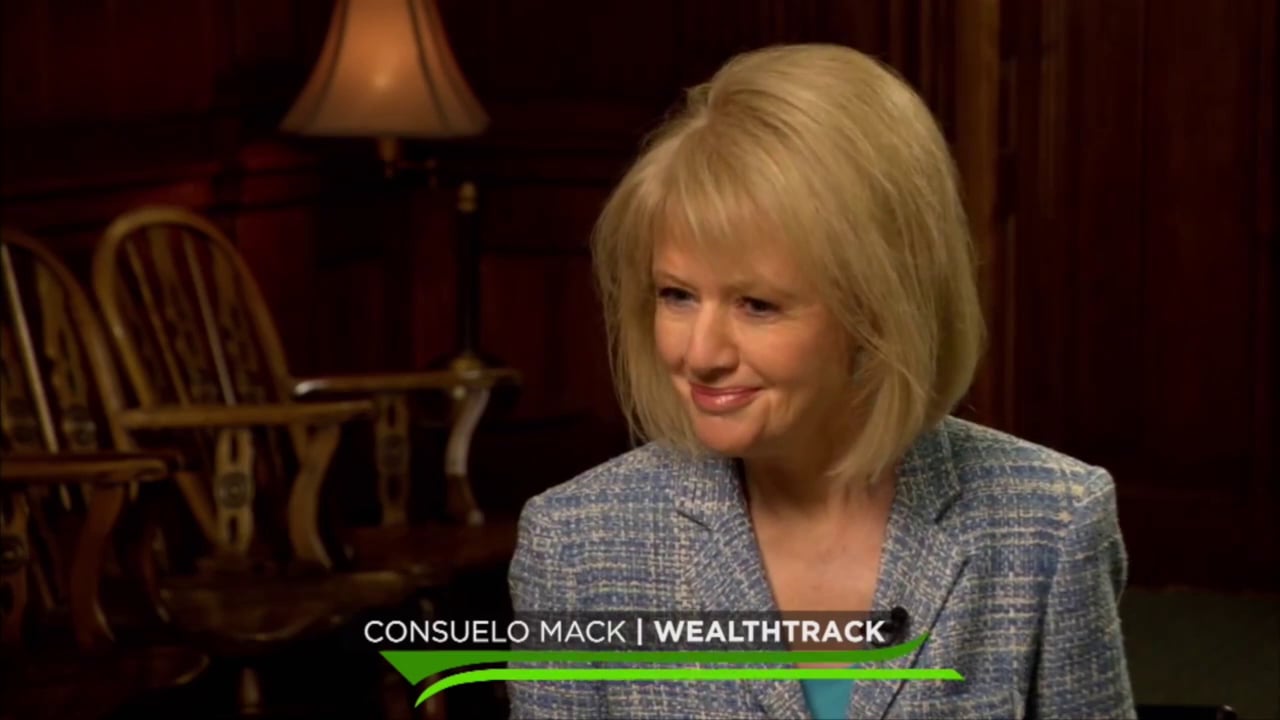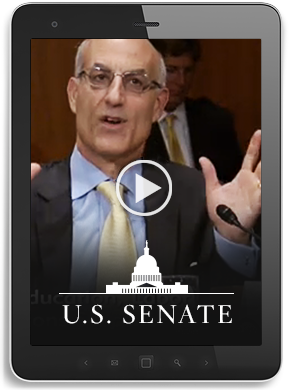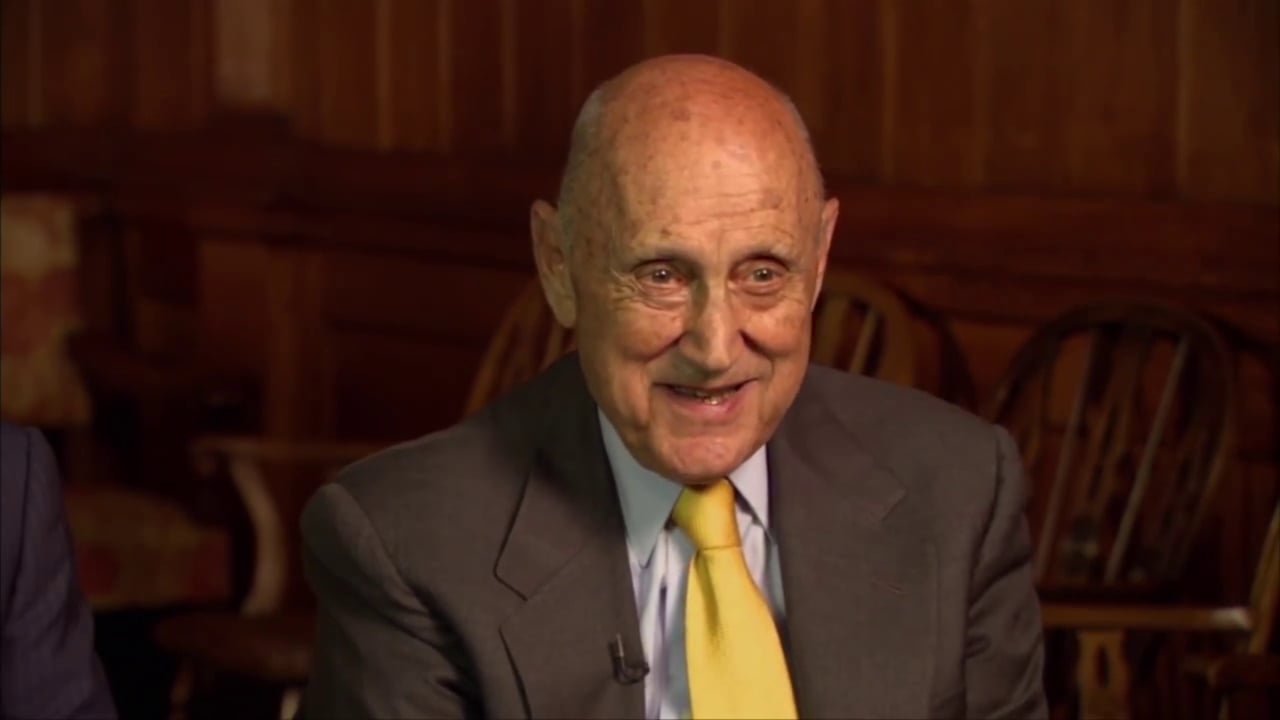Transcript
Recently the U.S. Senate held hearings on new rules to make retirement investing safer for all Americans. The proposed standards require financial advisors to act in the best interest of their clients and to disclose the real cost of the investments that they recommend. Managing Director of Rebalance, Scott Puritz, is a nationally recognized authority on retirement investing and was asked to provide the Senate with expert testimony on the subject.
Senator Al Franken: Mr. Puritz offers his clients asset management, custom investment portfolios for IRAs and offers one-on-one consultation all while embracing the fiduciary standard, and he charges some of the lowest fees in the industry
Rebalance, Managing Director Scott Puritz Full Testimony
Thank you Chairman Isakson, Ranking Member Franken, Members of the Subcommittee for this opportunity to provide Rebalance’s views about the Department of Labor’s proposed conflict-of-interest rules.
I’m Scott Puritz, the Co-Founder and Managing Director at Rebalance. My firm is a registered investment advisor with approximately $275 million of assets under management, and we serve approximately 500 clients. Rebalance is a relatively new, national investment advisory firm that combines top-quality retirement expert investment advisors, real human beings, with low-cost, highly-diversified retirement portfolios for everyday Americans.
Our firm’s Investment Committee includes financial luminaries Professor Burton Malkiel from Princeton; Dr. Charley Ellis, who chaired the famed Investment Committee at the Yale Endowment; and Jay Vivian, who managed IBM’s $100 billion corporate pension fund.
Rebalance embraces a fiduciary legal standard, and we always put the interests of our clients front and center. We provide retirement investment advice without commissions and without conflicts. This makes it very easy to embrace a fiduciary standard.
Rebalance is part of a broad trend of investment advisory firms that seek to provide consumers with a fundamentally better set of retirement investment options. This new generation of firms is offering retirement investment advice to clients at all income levels for very modest fees, a group of innovators that includes new firms, such as my own, Rebalance, Wealthfront and Personal Capital but also includes established industry players, such as Vanguard and Schwab.
This trend of retooling the financial service industry is about three years old and has met with considerable success in the marketplace. Tens of thousands of clients have switched over. This group of investment innovators is growing very fast and manages over $15 billion of client assets. Imagine what would happen if there was a level playing field.
These investment innovators have three common features. First, we harness technology to make the process more efficient. Second, we harness new business models and, finally, we deploy new investing vehicles, typically best of breed, proven, endowment-style investing portfolios of low-cost ETFs.
The results are considerable: Lower cost, superior asset allocation, superior investment vehicles, superior transparency and, finally, we are building profitable, successful business models.
At Rebalance, our clients seek our help because they need advice about how to manage their retirement savings and how to better understand the increasingly complex world of investment products. Our clients come from all walks of life: nurses, school teachers, plumbers, lawyers, welders, professors, police, firemen, government employees…regular Americans.
We are in the marketplace every day, dealing with everyday Americans as they struggle to find the best way to manage their investment savings. If you will, we see how the sausage is made. And, sometimes, frequently, it is not a pretty sight. Over 30% of our clients come to us directly from having, for lack of a better phrase, a suboptimal relationship with a brokerage firm. At our firm, we sometimes refer to these clients as “brokerage refugees.”
The story we see, over and over again, is all too familiar, a client at a brokerage firm who is stunned to find out that that their so-called “trusted” retirement investment advisor does not have a fiduciary responsibility. In addition, the vast majority of these clients are surprised, shocked, to discover that there is almost always a second layer of fees at the investment management level which frequently adds 1% or more to the fee burden.
The brokerage refugees that we see at our firm average 2.37% of fees, all in, per year. Now that may not sound like a lot of money, but over several decades that extra fee burden can eat away at over half, half, of a consumer’s nest egg. Over half.
When Rebalance takes on these brokerage refugees as clients of our firm, we immediately reduce their retirement investing fee structure by an average of 68 percent. In addition, we put in place for these clients a comprehensive retirement plan, and we provide our clients with best-of-breed endowment-style retirement investment portfolios. And, finally, we pair all of our clients with a highly qualified, two-person, real heartbeat, retirement investing team.
American inventiveness and the entrepreneurial spirit are alive and well in the financial services industry. But, for all consumers to reap the full benefit of this extraordinary, truly extraordinary surge of innovation, there needs to be three things: Greater transparency, greater flow of information, particularly regarding costs, and a greater alignment of economic interests.
We believe that a regulatory level playing field will dramatically accelerate the retooling of the financial services industry and provide everyday Americans with a fundamentally cheaper and fundamentally better way to save for retirement. It’s time to hold all financial professionals accountable by consistently requiring them to act in the best interests of their clients and establish a level playing field.
This is what the Department of Labor’s rule can do. Americans struggled to save for a dignified retirement should no longer be subjected to the conflicts of interest that are draining their retirement investments. Thank you.






